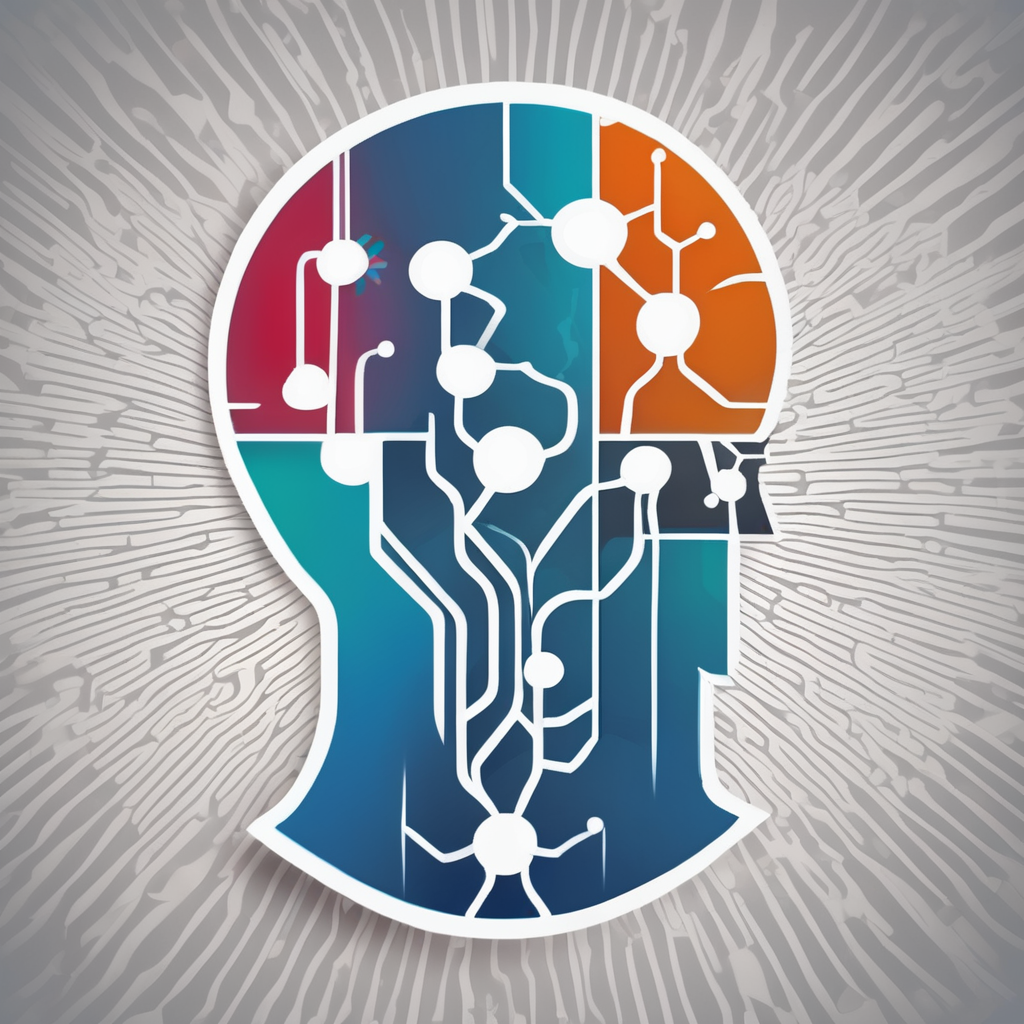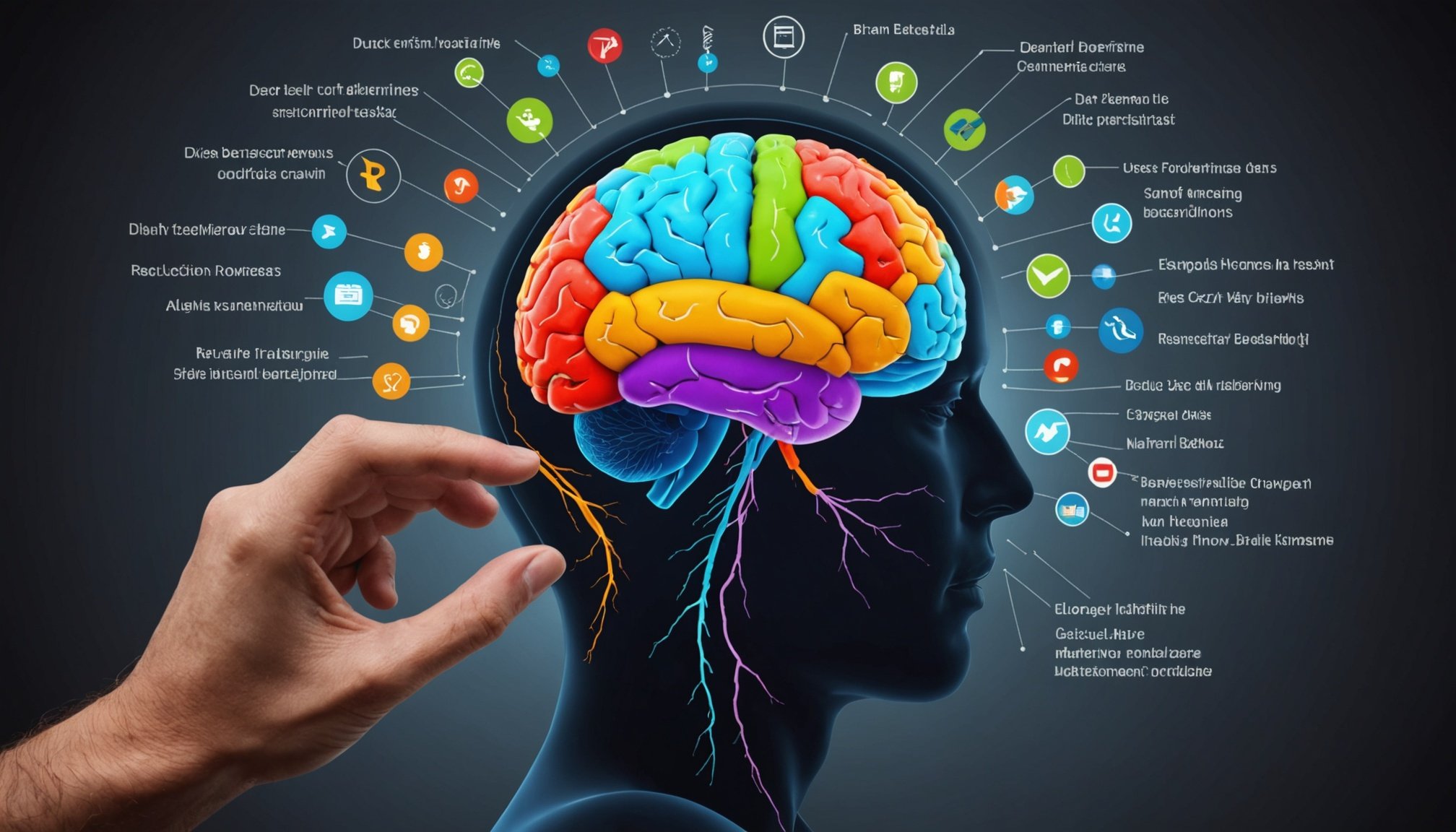Unlocking Brain Benefits: How Intermittent Fasting Enhances Mental Health
In the quest for optimal health and well-being, one practice has garnered significant attention for its multifaceted benefits: intermittent fasting. This approach to eating has been hailed for its impact on physical health, but its effects on mental health are just as profound. Here, we delve into the ways intermittent fasting can enhance brain health, cognitive function, and overall mental well-being.
Understanding Intermittent Fasting
Before we dive into the brain benefits, it’s essential to understand what intermittent fasting entails. This eating pattern involves alternating periods of eating and fasting in various ways. Common methods include the 16:8 method, where you fast for 16 hours and eat within an 8-hour window, and the 5:2 diet, where you eat normally for five days and restrict calories to 500-600 on the other two days of the week.
In the same genre : Discovering the Mental Health Perks of Sharing Family Meals Regularly
Enhancing Brain Health Through Autophagy
One of the key mechanisms by which intermittent fasting benefits the brain is through autophagy. Autophagy is the body’s natural process of recycling and removing damaged cells and proteins, essentially acting as a cellular cleanup system. When you fast, your body enters a state of heightened autophagy, which is crucial for maintaining cellular health and preventing diseases associated with aging and lifestyle choices.
How Autophagy Works
- Cellular Cleanup: Autophagy helps in eradicating harmful microbes and damaged cellular components.
- Regeneration: It promotes the regeneration of newer, healthier cells.
- Metabolic Regulation: Autophagy plays a pivotal role in regulating metabolism and supporting the immune system.
- Disease Prevention: By cleaning out damaged cells, autophagy helps in averting ailments associated with aging and lifestyle choices.
Boosting Cognitive Function
Intermittent fasting has been shown to have a positive impact on cognitive functions, including memory, problem-solving, and executive function.
Additional reading : Discover the health benefits of maqui powder today!
Brain-Derived Neurotrophic Factor (BDNF)
Fasting has been linked to the production of BDNF, a protein that supports brain health and mood regulation. Elevated BDNF levels are associated with enhanced mental capabilities and a robust defense against conditions like Alzheimer’s and other cognitive decline disorders.
Neuroplasticity
Neuroplasticity, the brain’s ability to rewire and adapt, is significantly enhanced through intermittent fasting. This process helps in generating more energy for brain cell repair, neuron growth, and even auditory memory. Activities like learning new languages, practicing music, and engaging in physical exercise also contribute to neuroplasticity, but fasting adds an extra layer of benefit by stimulating brain structural changes and enhancing mental health.
Mental Health Improvements
Intermittent fasting is not just beneficial for physical health; it also has profound effects on mental health.
Reduced Symptoms of Anxiety and Depression
Research indicates that fasting can reduce symptoms of anxiety and depression in some individuals. This is partly due to the increased production of BDNF and the downregulation of genes associated with mood disorders such as bipolarity and depression.
Enhanced Mental Clarity
Fasting allows the mind to focus more clearly, contributing to a more balanced emotional landscape. This clarity can be particularly beneficial for individuals looking to manage stress and improve their overall mental well-being.
Impact on Stress and Emotional Regulation
Stress is a common culprit behind many mental health issues, and intermittent fasting offers a unique approach to managing it.
Oxidative Stress Reduction
Fasting triggers the body to produce more antioxidants, which combat oxidative stress and protect cells from everyday damages. This antioxidant boost helps in safeguarding the vitality and resilience of cells, making them better equipped to handle stress.
Emotional Regulation
By influencing the expression of genes related to mood disorders, fasting helps in managing emotional swings and depressive episodes. This can lead to a more stable and balanced emotional state, which is crucial for overall mental health.
Gut Health and Its Connection to Brain Health
The gut-brain axis is a well-documented connection between the health of the gut and the brain. Intermittent fasting can significantly improve gut health, which in turn benefits brain health.
Improved Gut Bacteria
Fasting can alter the composition of gut bacteria, promoting a healthier gut microbiome. This change can lead to better nutrient absorption, reduced inflammation, and enhanced production of neurotransmitters that support mental health.
Practical Insights and Actionable Advice
If you’re considering incorporating intermittent fasting into your lifestyle, here are some practical tips to get you started:
Starting Slow
- Begin with a less intense method like the 12:12 or 14:10 fasting schedule and gradually move to more restrictive patterns.
- Listen to your body and adjust the fasting window based on how you feel.
Staying Hydrated
- Drink plenty of water during your fasting periods to avoid dehydration.
- Consider adding electrolyte-rich beverages to maintain electrolyte balance.
Combining with Exercise
- Incorporate physical activities like walking, jogging, or yoga to enhance the benefits of fasting.
- Exercise can help in improving cognitive functions and overall mental health.
Monitoring Progress
- Keep a journal to track your energy levels, mental clarity, and any changes in mood or cognitive function.
- Use mobile apps or online tools to monitor your fasting schedule and stay consistent.
Table: Comparing Different Intermittent Fasting Methods
| Method | Description | Benefits | Challenges |
|---|---|---|---|
| 16:8 | Fast for 16 hours, eat within an 8-hour window | Easy to follow, flexible eating window, improved weight loss and blood sugar control | May be challenging for those with busy schedules or late-night eaters |
| 5:2 | Eat normally for 5 days, restrict calories to 500-600 on the other 2 days | Significant weight loss, improved insulin sensitivity, reduced inflammation | Can be difficult to adhere to the calorie restriction days |
| Alternate Day Fasting | Alternate between days of normal eating and days of complete or modified fasting | Improved cardiovascular health, enhanced autophagy, increased human growth hormone production | Can be challenging for social eating and may lead to nutrient deficiencies if not planned properly |
| Eat-Stop-Eat | Fast for 24 hours once or twice a week | Simple to follow, improved insulin sensitivity, reduced oxidative stress | May be difficult for those who are not used to extended fasting periods |
Quotes from Experts
- “Fasting doesn’t stop with cellular cleanup; it boosts immune defense, too. By reducing inflammation and enhancing stem cells that generate new immune cells, fasting provides a double-edged sword against infections and diseases.”
- “The brain benefits significantly from fasting, too. Fasting activates processes that shield and mend brain cells, lighting a path to combat illnesses that deteriorate the mind.”
- “Neuroplasticity makes all significant processes possible, including learning, memory, healing, and physical activities. Fasting empowers the brain to generate more energy for brain cell repair, neuron growth, and even auditory memory.”
Intermittent fasting is more than just a diet; it’s a lifestyle choice that can have profound effects on both physical and mental health. By understanding the mechanisms behind fasting, such as autophagy, BDNF production, and the improvement in gut health, individuals can make informed decisions about incorporating this practice into their lives. Whether you’re looking to enhance cognitive function, manage stress, or simply feel more energized and mentally clear, intermittent fasting offers a wealth of benefits that are worth exploring.
In the words of Dr. Berg, “Fasting intriguingly prompts our bodies to ramp up the creation of certain enzymes aimed at purifying systems, showcasing a unique approach to bolstering internal cleansing mechanisms.” As you embark on this journey, remember that it’s not just about the physical benefits but also about the profound impact it can have on your mental health and overall well-being.











